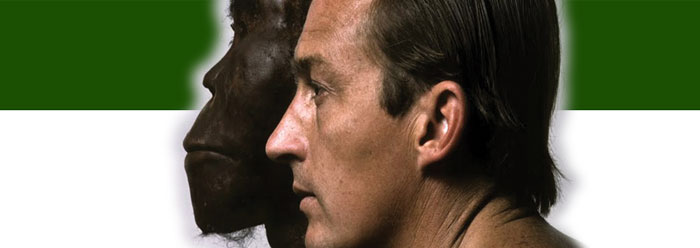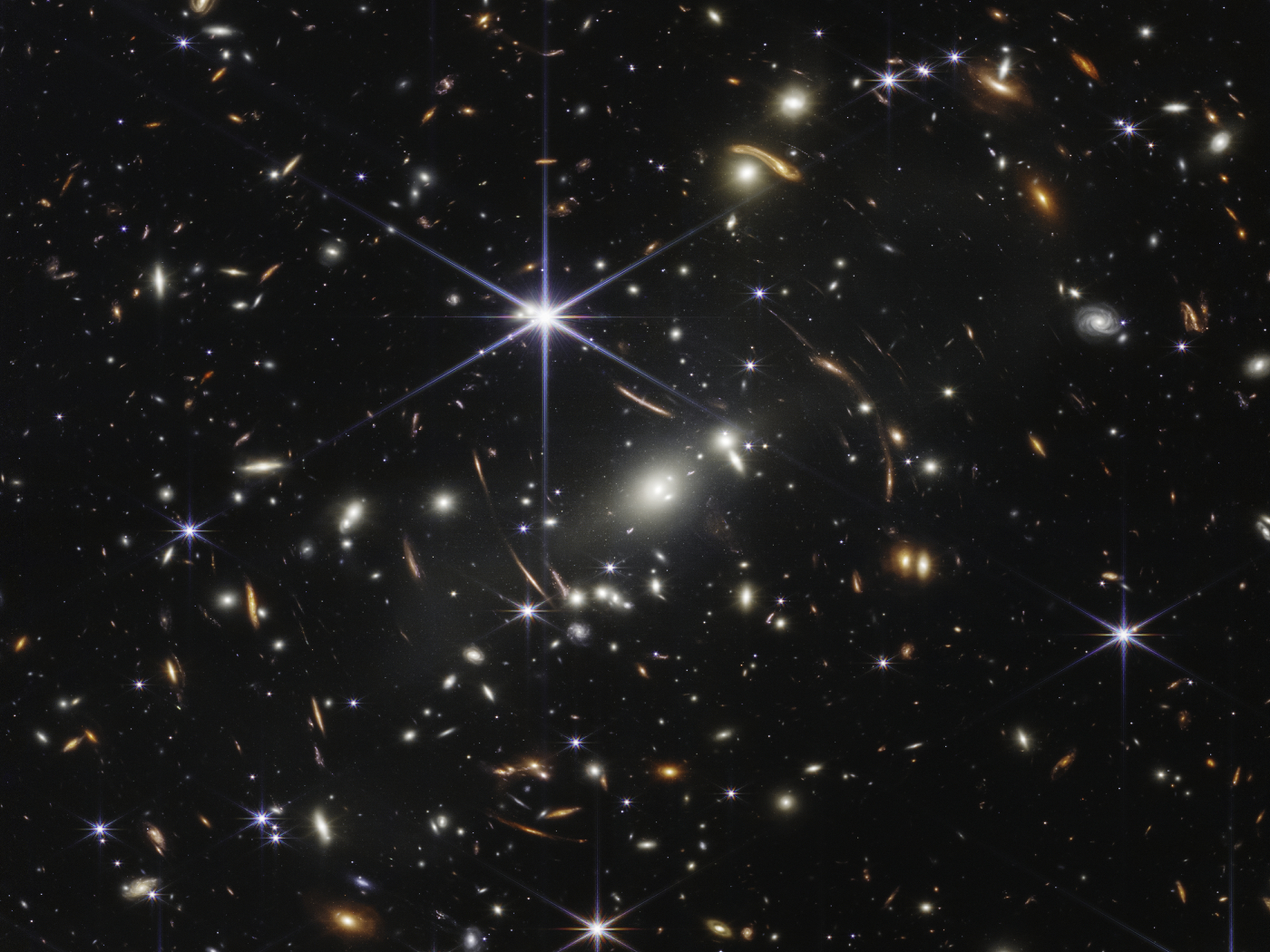Atheist Richard Leakey is an authority regarding the tenuous idea of human evolution, working tirelessly to establish human evolutionary roots in Africa.
This past May at an evolution-promoting event, Leakey stated that sometime in the next three decades evolution will become so established that “even the skeptics can accept it.”1 But skeptics of evolution see only an anemic defense2 coupled with the aetheists’ philosophical need to assert that solid rock became people, animals, and plants.3 However, science provides no reason for Darwin’s theory of “descent with modification”—particularly in the field of human evolution.4 In fact, only 15 percent of Americans agree with Leakey’s secular proclamation of man’s origin.5
Leakey lectures the public by saying that those who deny evolution also deny science, giving the common example of new diseases that are “evolving.” This is a “bait-and-switch” ploy—no one would deny gravity and slight biological variation (science); so how could anyone deny that all living things came from inanimate “ancestors” (evolution)?
Troubling, also, is Leakey’s non-definition of the word “evolution,” upon which hangs the origins debate—“If you don’t like the word evolution, I don’t care what you call it, but life has changed.”1
Liking or not liking a certain word is not the issue, but in science adequately defining a key word is mandatory.6 Living things undoubtedly change, but they exhibit only variation within discrete kinds of plants and animals in the fossil record7 and in experiments.8 Observable, vertical evolution always eludes evolutionists.
Is Leakey correct in maintaining that people evolved from ape-like ancestors? Let’s ask his fellow Darwinists.
Science writer Jennifer Viegas said, “The last common ancestor of chimpanzees and humans remains a holy grail in science.”9 Six evolutionists stated, “Evidence of humans from this period is sparse and controversial.”10
An issue of Scientific American stated, “But with so little evidence to go on, the origin of our genus has remained as mysterious as ever,”11 and a popular British magazine lamented: “We thought we had just about nailed human evolution, now everything is up for grabs again.”12 A well-known paleoanthropologist at George Washington University said, “The origin of our own genus remains frustratingly unclear.”13
Not only does paleontology fail to document our ascent from animal ancestors, we also are not evolving genetically. Despite improvements in medicine, we are all subject to mutations that are building in the human genome, dooming it and, therefore, people to increasing genetic decay and degeneration.14 This is called genetic burden or genetic load, and with time the problem gets worse as these mutations take us genetically downhill. Such an observation has not been lost to evolutionists, causing one geneticist to ask, “Why aren’t we dead 100 times over?”15
This is just another reason why man and “proto-humans” before him could not have lived for “millions of years.” A much better scientific and scriptural explanation would be that these mutations have accrued for over 200 generations of mankind since Adam and Eve, approximately 6,000 years ago. So, it would seem Leakey’s rosy “evolution-accepted-by-all” prediction will forever remain to be seen.
References
- Eltman, F. Scientist: Evolution debate will soon be history. Associated Press, May 26, 2012.
- Berlinski, D. 2009. The Deniable Darwin. Seattle, WA: Discovery Institute Press, 41-141. See also Sherwin, F. 2011. Defending a “Fact.” Acts and Facts. 40 (12): 18.
- Chaisson, E. and S. McMillan. 2011. Astronomy Today, 7th ed. Boston, MA: Addison-Wesley, 708.
- Lubenow, M. 2004. Bones of Contention. Grand Rapids, MI: Baker Books.
- Parry, W. Gallup Poll: Americans’ Views On Evolution, Creationism Little Changed. Huff Post Science. Posted on huffingtonpost.com June 1, 2012.
- Thomas, B. Are Humans Evolving? Depends on Your Definition. ICR News. Posted on icr.org November 3, 2009, accessed June 2, 2012.
- Morris, J. and F. Sherwin. 2010. The Fossil Record. Dallas, TX: Institute for Creation Research.
- Burke, M. et al. 2010. Genome-wide analysis of a long-term evolution experiment with Drosophila. Nature. 467 (7315): 587-590.
- Viegas, J. The Human Family Tree. Discovery News. Posted on discovery.com, accessed June 1, 2012.
- Hickman, C. et al. 2011. Integrated Principles of Zoology, 15th ed. New York: McGraw-Hill, 638.
- Wong, K. 2012. First of Our Kind. Scientific American. 306 (4): 30-39.
- Y ong, E. 2011. Our Hybrid Origins. New Scientist. 211 (7): 34-38.
- Wood, B. 2011. Did early Homo migrate “out of” or “in to” Africa? Proceedings of the National Academy of Sciences. 108 (26): 10375.
- Sanford, J. 2008. Genetic Entropy and the Mystery of the Genome. Waterloo, NY: FMS Publications; Thomas, B. 2012. The Genetic Decline of Humanity. Acts & Facts. 41 (2): 18.
- Kondrashov, A. 1995. Contamination of the genome by very slightly deleterious mutations: why have we not died 100 times over? Journal of Theoretical Biology. 175 (4): 583-594.
* Mr. Sherwin is Research Associate, Senior Lecturer, and Science Writer at the Institute for Creation Research.
Cite this article: Sherwin, F. 2012. Leakey and “Human Evolution.” Acts & Facts. 41 (8): 17.


















